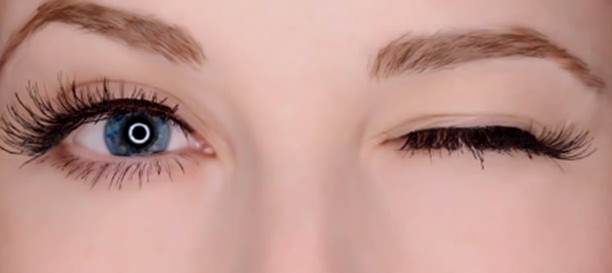Eye twitching is a sudden involuntary movement in eyelids also known as eyelid spasms. This is a common condition among people. While there are superstitions associated with left eye jumps or twitches, they are also linked with medical conditions of the body. People should not be intertwined in superstitions to ignore potential medical issues related to left eye jumps.
Knowing the cause and treatment options of eye twitches can help in managing the condition. Some left eye twitches are momentary but others can last for months. If you have twitching that persists for long or affects your face and eyes, it is paramount that you seek for medical help.
Causes of left eye jumps
Twitches are referred to as myokymia in medical term, and they are triggered by various things. Stress is one common cause of this condition. The body reacts differently to stress and when one has a left eye twitch; it could be one way of the body responding to stress. This is usually so if the stress is associated with eye strain. When it is reduced, the twitching can be relieved.
Not having adequate sleep may also trigger episodes of eyelid twitching. It is important to get adequate sleep as it is healthy for the body. A sleep of about 7 to 8 hours is enough to help the body rejuvenate and recover. In most cases, all sudden onset eyelid twitches are benign, which means the condition may not have a serious medical problem.
While the eye jumps may come and go, they may also last for weeks or months. More serious eye twitching may be caused by neurological conditions like hemifacial spasm and blepharospasm. Dryness of eyes is a condition that is witnessed in elderly people and it may cause eye twitching. More than half the population of older people will experience dry eyes because of aging.
People who use take certain medicines like antidepressants or antihistamines may also have dry eyes. Using computers and phones may cause strain on eyes, which causes eyelid twitching. Taking too much caffeine and alcohol could trigger eye jumps. People with eye allergy may develop itching, watery eyes, and swelling. Rubbing the eyes may release histamine into the tissue, which may trigger twitching.
Deficiency in vitamins such as vitamin D and B12 may cause this condition. Vitamin D helps in absorption of calcium. This aids in contraction and relaxation of muscles. If one does not have sufficient of vitamin D, it may reduce the absorption of calcium thereby causing eye twitching. Lack of vitamin B12 is associated with shaky movements and spasticity that may trigger eye jumps.

When should you see a doctor?
If you experience eye jumps and they persist for a week or so, you might consider seeing a doctor. If you have trouble seeing or the eye is swollen and releasing a discharge, the twitch may spread to other facial parts and a medical attention is needed. You might be referred to a neurologist based on the symptoms you are experiencing and the severity of the condition.
Treatment
In general, a mild eye jump will disappear in minutes and you probably do not notice when it comes. The treatment for eye twitching is pegged on the causes and symptoms. Different causes are identified and doctors have to examine a patient to determine the underlying cause. Possible treatment options include relaxing the eyes.
Temporary twitches can be eliminated by relaxing your eyes especially if they are caused by straining of eyes. People with these eye jumps may want to avoid staring at things intently such as computers and avoiding stress. Doing meditation may create a calm atmosphere, which relaxes the body including the muscles of the eyes.
People with such condition may also want to lower their caffeine intake and have more sleep to allow the body and the eyes to rest. If one has eye jumps related to allergy of eyes, they may need treatment using antihistamines to help relieve the condition. But then again, there is need to understand that medicines like antihistamines and antidepressants may cause dry eyes that could trigger eye jumps too.
Working closely with doctors may determine which medicines should be administered. There are medicines that can help treat frequent eye twitching. Such medications help relax eye muscles, which can eliminate unwanted eye jumps or eye muscle spasms.
If you have developed left eye jumps and they do not seem to go away and persist for a long time, it is critical that you consider seeking medical attention. The underlying cause is identified and based on that, the right treatment can be administered. However, if the eye twitching is temporary and not persistent, you may want to relax the body and avoid stress or straining eyes. By doing do, the twitching should be able to go away on its own without needing any form of medication.